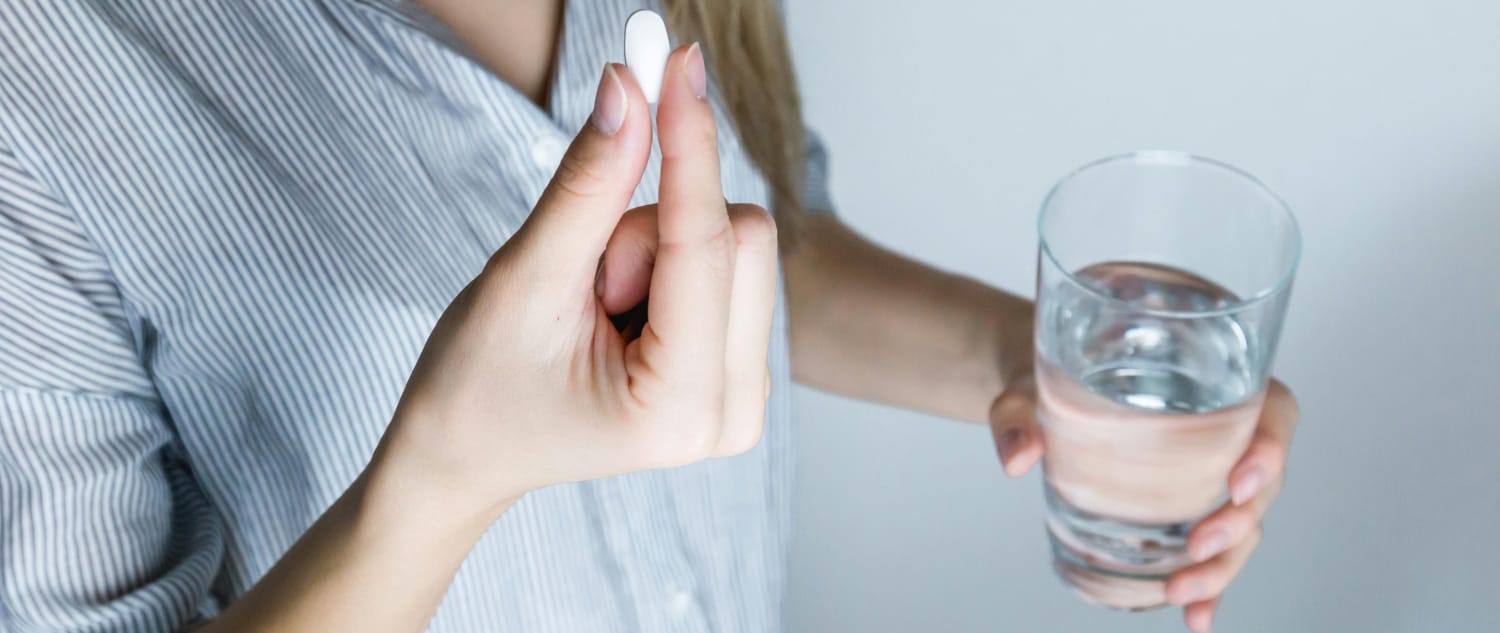Self-care is an essential part of your recovery journey. Just as the treatment you receive at a rehab center is individualized, so should be your self-love.
Why is self-love in recovery important? It’s an essential way to prevent relapse. It can be awkward at first, especially if you have struggled to prioritize yourself and your needs in the past. You may feel selfish at first, but practicing self-care in recovery can prevent you from succumbing to situations where you are more vulnerable to a relapse or to subsequent mental health struggles.
What is Self-Care in Recovery?
Self-care refers to anything you do to improve your physical and mental well-being. Engaging in self-care can benefit you by:
- Increasing your energy
- Reducing your stress
- Reducing your risk of illness
- Boosting your mood
Ways to Incorporate Self-Love in Recovery
After leaving an addiction treatment program, set yourself up for success by learning how to incorporate self-care in recovery.
Listen to Anxiety/Depression/Recovery Guides
If you like to read, find guides that you can read when your mood is fluctuating. If you prefer audiobooks or podcasts, try listening to anxiety guides. You can listen to these guides in the privacy of your home or car whenever you feel anxious to gain a better understanding of the emotions you are experiencing. Some guides explain how anxiety works in the body or how to manage anxiety.
Eat Healthy
What you eat has a direct impact on how you feel. So, practicing good nutrition is one form of self-care in recovery. The foods you consume can impact your mood, your energy, your cognition, and your mental health. For that reason, having a healthy diet is integral in supporting your mental and physical well-being.
However, not everyone knows how to cook for themselves, what makes a meal “healthy,” or what affordable options there are. Drug and alcohol treatment centers might offer catered meals, which can be instrumental in helping to get off to a good start, but what happens when treatment ends?
That’s when you need resources. You can explore resources online to find healthy recipe ideas that support a nutritious diet.
Avoid Devices
Sometimes, devices like computers, TVs, or phones get in the way of mental health and good sleep. Several studies show that continually looking at screens right before bed can interfere with the natural production of hormones that help you sleep.
Part of self-care in recovery is being aware of this impact, and working to cut down your screen time so you can improve your sleep health.
Do Something Positive Daily
It is important that you make time for yourself every day. No matter how busy you are, find time, big or small, to do things that make you happy, such as:
- Listening to music
- Reading
- Having a cup of tea
- Walking around the neighborhood
- Doing yoga
- Meditating
- Watching squirrels or birds in the yard
- Watching a favorite TV show
- Using a face mask or taking a bath
These can be small or big forms of self-love in recovery. What’s important is that they should be things that help you feel positive and boost your mood and mental health.
If you find it hard to remember to do this or if you are struggling with depression, set a reminder or alarm to remind yourself, just as you would for any other important life event, and make time to do these activities.
Exercise Regularly
Exercise is an important form of self-care. Just 30 minutes of walking around outside each day can improve your mood and make you less susceptible to stress and relapse.
The nice thing about exercise is that it adds up over the course of a week or a month, so you don’t have to beat yourself up if you’re only able to find 10 minutes one day, 15 minutes another day, and an hour on the third day.
A lot of regular exercise can be catered to where you are emotionally.
For example, if you are a little anxious and you want to get rid of some of that anxiety, you can manage your stress by running, hiking, rock climbing, or weightlifting. Conversely, if you are feeling lethargic, with low energy and some symptoms of depression, you can try more relaxing exercises like Tai Chi, yoga, or gentle stretching.
Identifying What Self-Care in Recovery Looks Like For You
Self-care in recovery is different for everyone. What matters is that you find the things you need most. This might include several days or weeks of trial and error before you decide that focusing on positivity, practicing gratitude, setting regular goals, or staying connected is what works best for you. If these self-care exercises fall short and you are seeking professional help to cultivate self-love in recovery, call on Peninsula Health Center. Our Palos Verdes drug rehab offers a wide variety of outpatient addiction treatment programs and South Bay sober living homes.
Reach out to the team at our holistic drug rehab in California today to learn more about how we can help you find self-love in recovery.






